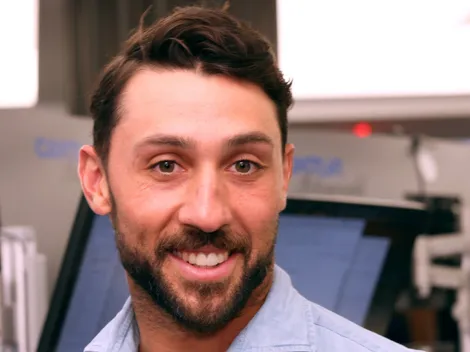Pundits will dissect Lionel Messi‘s two years at Paris Saint-Germain this summer, giving their insights and analysis into the club’s most dynamic player. There is no formal contract in place yet, but the seven-time Ballon d’Or winner has revealed that he will be joining Inter Miami soon, after a trying two years in Paris.
After June 30, when his PSG contract ends, the Argentine will be free to move to David Beckham’s MLS team. His last game for the Parisian outfit was on June 3 against Clermont Foot, marking the end of his stay in France.
Messi played for the Red-and-Blues for two seasons (75 games total) and contributed 32 goals and 35 assists. There is no doubt that his departure was handled poorly, and many at the French champions reportedly feel he owed it to his former colleagues to be more respectful.
What did Jerome Rothen say about Lionel Messi’s efforts at PSG?
PSG legend Jerome Rothen has been vocal on several occasions in his criticism of the Argentine superstar. Now, the former French midfielder has accused the 35-year-old forward of being a poor teammate by saying that he didn’t want to practice in the mornings while he was at the Parisian club.
One time, the Argentine also skipped out on training before it was through. The forward was having calf problems, as explained by coach Christophe Galtier. However, Rothen has argued that this was not the situation.
“We got wind of a lot of things. We mopped up all that because it wasn’t the time to talk about it. Remember the day he left training? The club had covered it all up, saying it was a small calf injury. It was all wrong, absolutely wrong. The reason? Monsieur was fed up with this that was offered to him in training,” he told RMC Sport.
“It was certainly a day when his children were suffering in my opinion… (ironic). He was not well in his head, so he left training. He went back to the locker room, he took a shower, he left. It shows how much he respected his coach and his teammates.

see also
Looking for a job? Lionel Messi's new club Inter Miami offers 3 intriguing job opportunities
“He very often wanted to change the pace of training. He did not want to train in the morning. He told the staff on several occasions that training in the morning is not good. That you have to train in the afternoon. Fortunately, the staff did not give up. This shows that he wanted to change certain things and that he did not want to adapt.”





